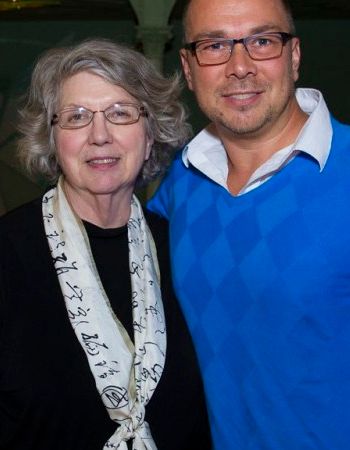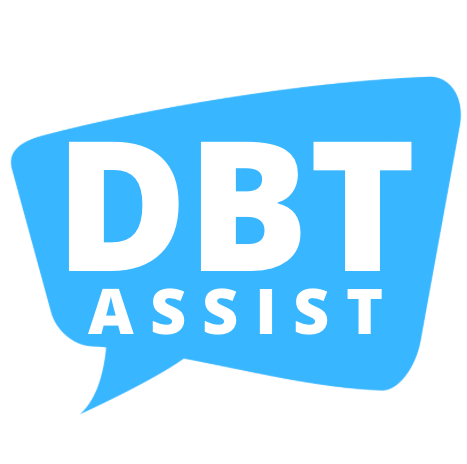Join OUR 2025 GROUP today
DBT Graduate Group
Our DBT Graduate Group Program is based on Marsha Linehan's DBT Consultation Team approach that focuses on providing support to individuals wanting to stay committed to using DBT skills in everyday situations. To be eligible for this group individuals must have completed a DBT group program. Evidence of DBT group completion is required to become a member of this group.
-
11 Zoom Sessions
to stay connected with DBT! -
Sessions are recorded
to help support ongoing skills -
Unique format only
for DBT graduates -
A range of extra
DBT resources online
What you are going to learn
Integrating DBT Skills
Group Member Expectations
Our DBT Graduate group is consider to be more process-oriented group, which means that group members play more of a role setting the agenda of what we will be discussing in each group. This differs from our traditional DBT skills groups which are more of a classroom style group designed to acquire DBT Skills.
We have a few guidelines based loosely built off Marsha Linehan's DBT Consultation Team format which our graduate group format is guided by:
- We share responsibility for an atmosphere of active problem solving, support and participation.
- We commit to being on-time, being prepared, listen with mindful intention, and staying focused on the common goal of re-connecting and committing to the use of DBT skills.
- We practice DBT skills in our own lives, in therapy and at in group to ensure DBT skills are transferable and reality-based applications.
- Listen to and validate other members who wish to share. Please note that sharing traumatic stories is not deemed appropriate for this group.
- Reach agreement on the problem presented and have it defined behaviourally (is the group member looking for problem solving, validation, cheerleading, praise, empathy?)
- We embrace the 6 adapted DBT Consultation Team Agreements which have been re-defined for this group (1. Dialectical Agreement; 2. Consultation with each other; 3. Consistency agreement; 4. Observing limits agreement; 5. Phenomenological empathy; 6. Fallibility agreement.
Write your awesome label here.
Dr. Peter L. King (Facilitator)
Peter has been intensively trained in DBT and was mentored by Marsha Linehan's senior trainers at Behavioral Tech LLC between 2003 and 2008. He developed the DBT Assist platform as well as a range of DBT programs in Australia and internationally over the last 20 years.

“DBT skills empower individuals to manage emotions, navigate relationships, and build resilience in the face of life's challenges.”
Dr. Peter L. King
Credentialed DBT Practitioner
